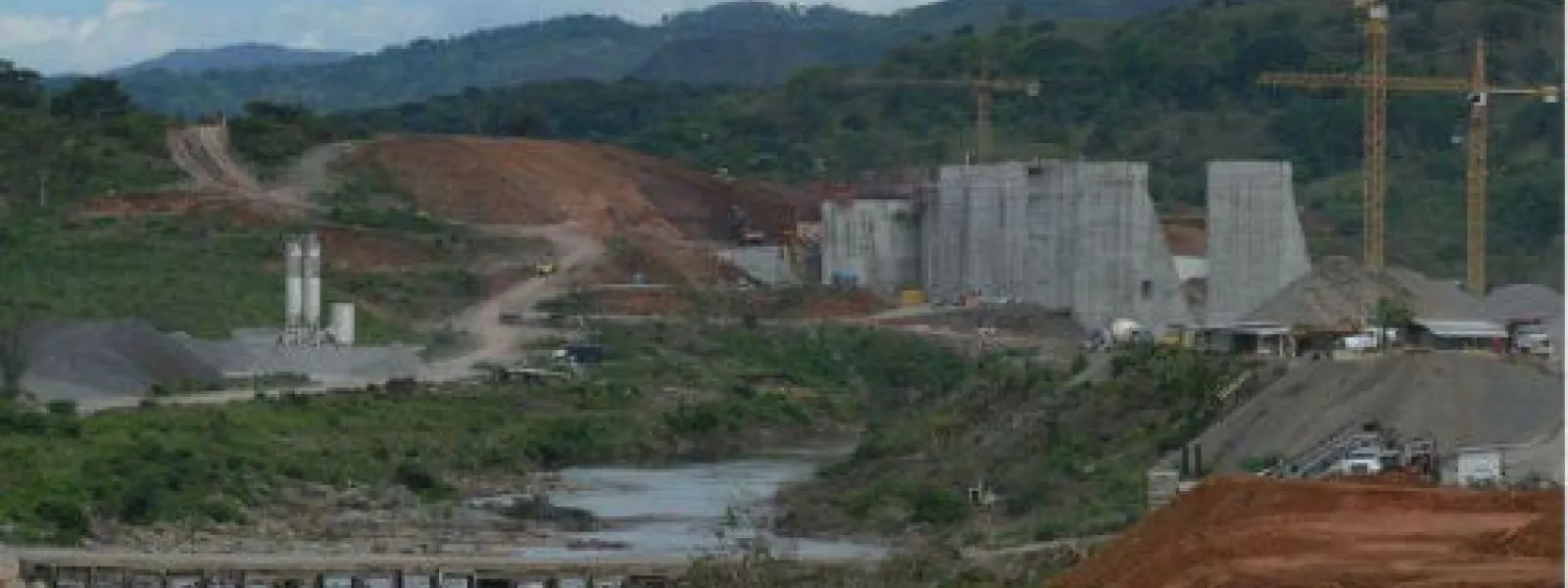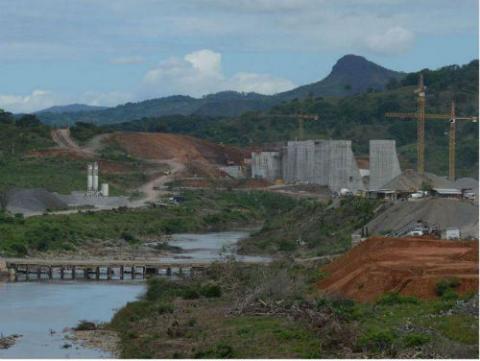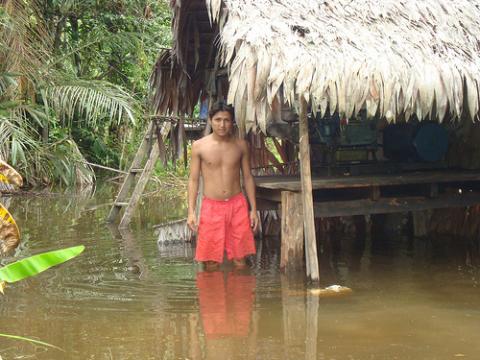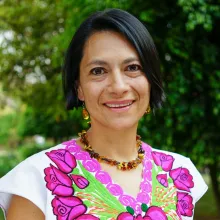
Four Recommendations for the Summit of the Americas
Inequality has increased in the last decades in Latin America, and this clearly is an obstacle for democracy. Latin America remains the region with the greatest income inequality on the planet. Considering this, the Organization of American States has made "Prosperity with Equity" the theme of its upcoming Summit of the Americas.
In Panama on April 10 and 11, Heads of State and Government will pledge concerted actions at both the national and regional levels to confront the development challenges of the continent.
I believe that the main goal should be to just stop doing certain things, or, at least, to act differently. When I asked Eli, an indigenous Ngobe from Panama, what she wanted from her government, she said, "Just that they leave us alone."
Drawing on OAS consultations with civil society, AIDA analyzed two of the eight Mandates for Action, the document to be negotiated at the Summit. From this analysis, we have made the following recommendations relating to the mandates on energy and the environment:
1. Stop building large dams

The Mandates establish that the region will join the United Nations Initiative, Sustainable Energy for All (SE4ALL). Since access to energy plays a key role in reducing inequality, we recommend working with this initiative provided hydroelectric dams are excluded from sustainable energy.
Among other harms,
- Dams produce greenhouse gases, aggravating climate change, especially in tropical regions.
- Dams cause irreparable harms to the environment and human rights violations.
- Dams typically cost twice as much as their developers’ estimates, even without considering their socio-environmental damages.
In addition, constructing these energy dinosaurs takes much more time than expected. Three currently suspended dams prove the point:
- Belo Monte (Brazil) - Suspended after protests of affected communities whose compensation had been breached. It is a year late, and the project is facing fines and the possible payment of additional interest on loans from Brazil’s national development bank, BNDES.
- El Quimbo (Colombia) - The filling of the dam is suspended by judicial order for lack of an evaluation of its impact on the fishing sector.
- Barro Blanco (Panama) - Suspended by an order of the government while they revise—and hopefully fix—irregularities in the Environmental Impact Assessment.
From all this, we remind the Summit of the Americas that last December more than 200 organizations, networks, and movements from across the world requested that governments, international organizations, and financial institutions realize that large dams are an unsustainable source of energy and implement truly sustainable solutions.
2. Recognize the human rights impact from climate change
Climate change has caused and will continue to cause serious impacts in Latin America that are compromising the enjoyment of human rights.
Climate change is a priority on the Summit’s agenda, which is good. But government leaders should incorporate an understanding of the relationship between climate change and human rights. They should commit to respect human rights in all climate actions.
The United Nations and the OAS General Assembly have recognized that the respect for and enjoyment of human rights are intrinsically connected to climate change. The World Bank has concluded that climate change complicates efforts to end poverty, which has clear implications on human rights. Even the recent draft of the negotiating text of the United Nations Framework Convention on Climate Change contemplates the necessity to respect human rights.
For all these reasons, the Summit should consider that the link between climate change and human rights must be incorporated into all actions seeking to combat inequality and promote better standards of living.
3. Include a commitment to mitigate climate change, not just adapt to it

The Summit’s Mandates for Action refer to adaptation measures. But mitigation should not be left out. These actions would reflect the reality of the region, in which important efforts are being developed to confront climate change.
Considering the principle of common but differentiated responsibilities, all States must demonstrate willingness to implement mitigation actions to confront climate change. Although not all States should mitigate to the same extent, all countries should contribute to this task—including those in Latin America.
4. Recognize that corruption undermines equity, and include actions to eradicate it
The Mandates for Action recognize the impacts of corruption in as much as the use of technology is intended to improve public participation. But corruption is a structural problem in the region and actions to confront it should be part of democratic governance. Corruption has a direct relationship with inequality, systematically preventing real progress in the fight against poverty.
Astrid Puentes

Astrid Puentes Riaño was one of the two Co-Executive Directors of AIDA (2003-2021). She was responsible for AIDA’s legal efforts and organizational management. Originally from Colombia, Astrid has significant experience linking environmental protection with human rights, and climate change, highlighting the importance to prioritize climate justice. For over twenty years she has been working on public interest litigation, especially in the field of human rights, the environment, and climate change. Astrid holds an LL.M. in Comparative Law from the University of Florida, a Masters in Environmental Law from the University of the Basque Country, and a J.D. from the Universidad de Los Andes, Colombia. Astrid has also taught several seminars and classes on human rights, the environment and climate change, including at American University Law School in Washington, and the Universidad Nacional Autónoma de México (UNAM).
